|
Substance Abuse Hurts Everyone
When prospective or current moms and dads smoke or abuse alcohol or other drugs, they and their kids suffer in so many ways. Use our updated
WIC Can Help resources
for June to encourage WIC families to stop substance abuse now.
|
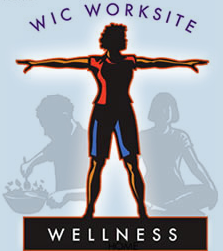
Travel Healthy This Summer
Have summer travel plans? Traveling can take a toll on your health - flying, eating unfamiliar food, participating in riskier outdoor activities. Before your next trip,
consider these tips to stay healthy while you travel.
|
Shopping at Amazon?
Support CWA without spending anything extra by using
AmazonSmile!
|
Did someone share this with you? Sign up here to get the CWA Flash directly!
|
|
|
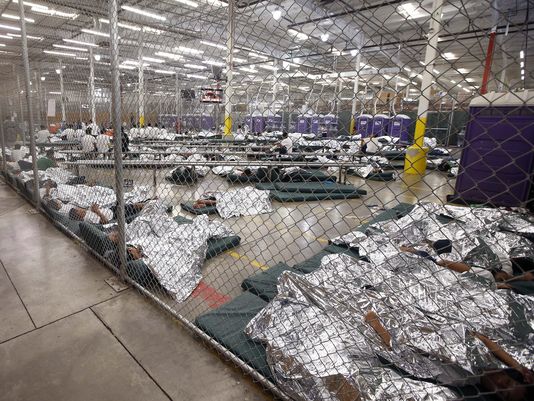
U.S. Immigration Policy Hurts Families
In recent months, nearly 2,000 children have been taken from their families and placed in makeshift detention centers - all in the name of the Trump administration's "zero tolerance" border control policy decisions. Immigration and Customs Enforcement (ICE) officials have been reported to separate even younger children from their parents, and there is at least one report of ICE separating a mother from her child while she was breastfeeding. We know, based on research, that children have better outcomes when they stay safely with their families. Parents are vital to the lives of children, and supportive, caring relationships can help mitigate the negative outcomes associated with childhood adversity. National policies should be encouraging and supporting the connections these children have to their families, not breaking them apart and causing unnecessary trauma with potential for long-term physical and mental health effects to children. ACTION: Call your members of congress and tell them that separation of families MUST stop: Dial (202) 224-3121 to reach the switchboard, press 1 to speak to each of your senators and then 2 to speak to your representative. Check here for a comprehensive list from MomsRising of other ways you can help families at the border.
|
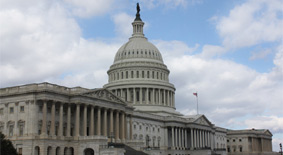
Federal Funding Updates
With Fall elections only months off, legislators are working ahead of the September 30 fiscal year deadline to move forward on 12 appropriations bills aimed at avoiding an omnibus, continuing resolution and distractions during election season. Last week the House passed a 3-bill package, including energy, water and military construction and the VA. Not surprisingly, the vote fell along party lines, with some crossover yet major
differences remaining on priorities
. In other actions the House passed a bill with funding cuts to programs funded in the Budget Act last February. Most of the cuts were to the CHIP program for children's health insurance, in a very
complicated maneuver.
ACTION:
Read the National WIC Association's analyses of the
House
and
Senate
agriculture appropriations bills, both of which have passed out of committee.
|

Public Charge: Stay Informed and Take Action!
Nothing has changed regarding public charge rules, but it is expected that proposed changes to public charge may be released in July by the Dept. of Homeland Security. Currently the Office of Management and Budget (OMB) is taking meetings on the impact of the proposed changes, and the National WIC Association met with OMB in early May. You should stay informed so that you and your organization can take action. ACTIONS: Read the NWA FAQs, available in English, Spanish and Chinese. Join the Protecting Immigrant Families (PIF) Advancing Our Future Campaign. Have your organization sign the statement opposing the proposed changes in public charge. Sign-ons are being collected now in anticipation of a proposed rule change release. Check out and thank the members of Congress, including many California representatives, for their letter opposing the punitive proposed changes.
|
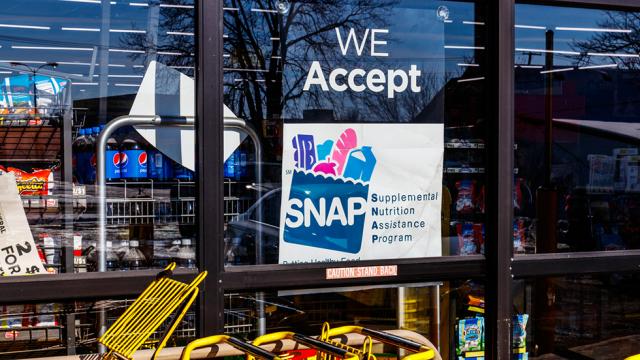
Farm Bill Update
The Senate Farm Bill
released last week takes a bipartisan approach to SNAP, forgoing the harmful proposals in the House version. The Senate's proposed SNAP changes make targeted improvements for certain vulnerable populations, strengthen SNAP Employment and Training, and modernize eligibility and EBT technology. You can read more about the bill's proposed changes to SNAP in
this detailed analysis
from the Center on Budget and Policy Priorities. The bill will likely head to the Senate Floor for a vote within the next two weeks. ACTION: For instructions on how to urge your representative about the Farm Bill and SNAP, and a short sample script to use, please see California Food Policy Advocates'
call to action on HR 2.
|
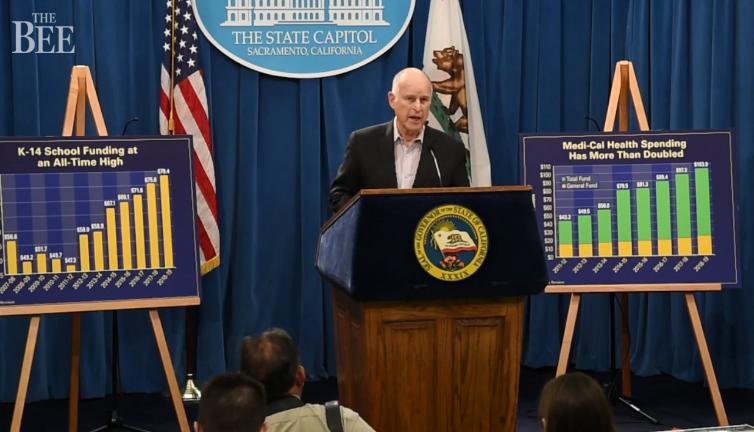
State Budget Update
The Budget Conference Committee and the Governor came to agreement on the fiscal year
2018-19 budget
on June 8, only a few days into budget hearings.
Funding
to address homelessness, increase CalWorks grants, and bump funding to universities were major allocations, in addition to keeping reserves and maximizing the Rainy Day fund. Advocates for a number of issues, particularly expansion of
health care coverage
and re-establishing health benefits cut in the recession, were disappointed that those concerns were not addressed.
|
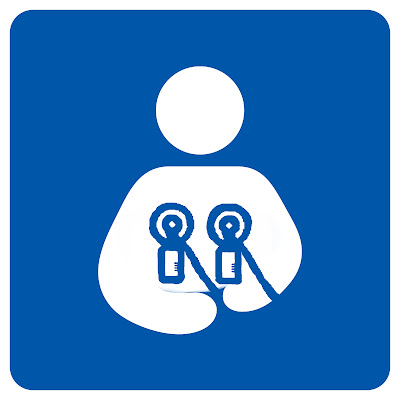
Breast Pump Reimbursement Proposal: Ground Work Laid
Many thanks to everyone who expressed their support and reached out to their legislators to advocate for an increase in the reimbursement rates for breast pumps provided through Medi-Cal. It was one of many worthy budget asks! It often takes a year or more to secure wins in the state budget process and this was the first year CWA pursued this increase. We will be back next year to help moms get pumps, feed their infants, and go to work and school. Our decision makers now understand the issue better, thanks to your hard work sending letters, making visits and calling offices. Thank you for your support!
|

State Legislative Update
CWA is supporting a number of bills and budget proposals. Unfortunately, our budget proposals were also among the proposals not funded. Express Lane Enrollment for WIC to Medi-Cal and Food with Care to support child care nutrition funding cut in the recession were among many excellent proposals that were supported in one house but did not move forward. Bills have fared better: many have moved from their house of origin to the second house and now are being assigned to policy committees for hearing in the next several weeks. Among the bills that CWA supports are SB 927 (Wiener), which would improve California's lactation accommodation laws; AB 2785 (Rubio), which would provide for lactation accommodation at California state universities and community colleges; and AB 2579 (Burke), which would implement an express lane eligibility (ELE) pathway from WIC to Medi-Cal.
|
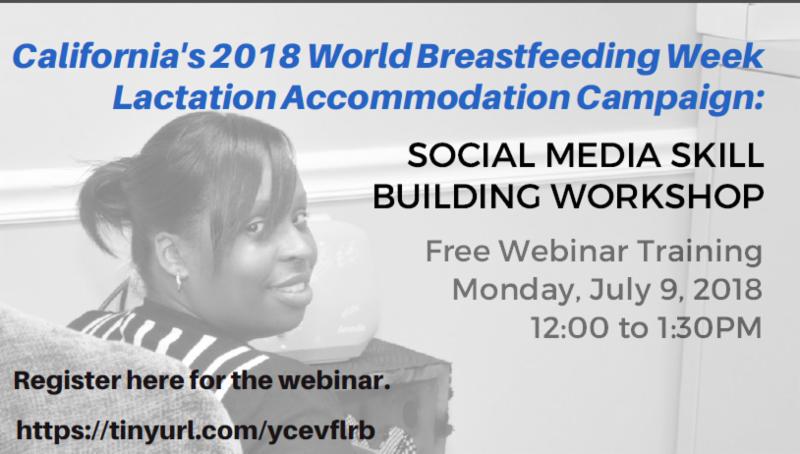
Lactation Accommodation and Social Media Webinar
Join CWA and the California Breastfeeding Coalition with guest speakers from US Breastfeeding Committee and California Department of Public Health on Monday, July 9th 12:00-1:30, for a webinar on how to use Twitter to help raise breastfeeding awareness. Learn how to craft effective tweets that focus on lactation accommodation in the workplace and harness the power of Twitter, a platform that has tremendous reach but is often underutilized. ACTION:
Register now
!
|
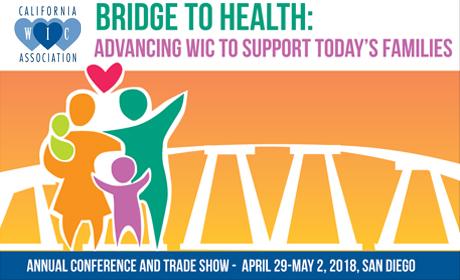
Last Chance for Conference Workshop Materials!
Were you inspired by a great workshop presentation at our 2018 Annual Conference? Or wish you could have been there? Thanks to the generosity of our speakers, you can download presentation materials from plenary and concurrent workshops from our website for your own reference or to share with colleagues. There's a catch, though: they will only be available through June 30!
ACTION
: View or download the PDF files here. Contact a speaker directly if you need more information.
|
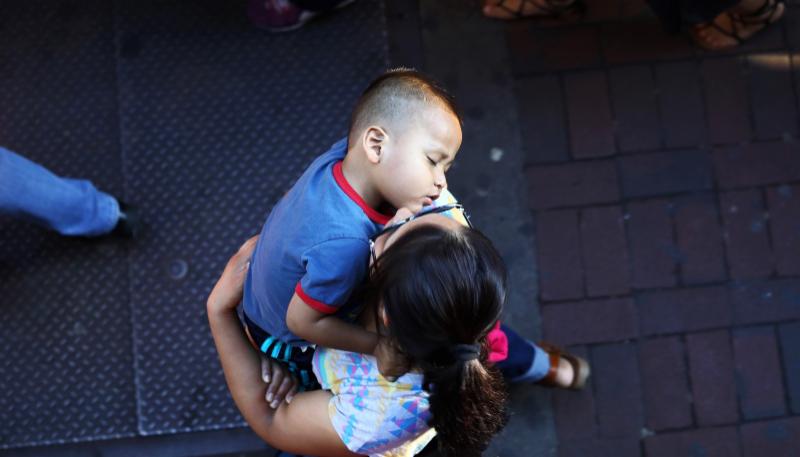
DACA Boosts WIC Participation for Citizen Children
A recent
John Hopkins Medicine study
of nearly 2,000 U.S. citizen children and their mothers examined whether maternal Deferred Action for Childhood Arrivals (DACA) eligibility influenced children's participation in WIC. Researchers found that a child was 12.3 percent more likely to participate in WIC after DACA implementation than before - if his/her mother was eligible for DACA - compared to children of women who were likely not DACA-eligible. This adds to the growing evidence of the multi-generational, beneficial effects of the DACA immigration policy on children who are citizens. The findings, reported in
JAMA Pediatrics
, highlight the potential broader positive health impacts that more favorable immigration policies mitigating parental risk of deportation have on vulnerable children and families.
|

U.S. Birth Rate Reaches New Low
The United States last year posted its
lowest fertility rate
on record and the fewest number of births in 20 years. There were 3.85 million births in 2017, 2 percent fewer than 2016. That's nearly 500,000 fewer newborns than in 2007, even though there were 7 percent more women in the prime childbearing years of ages 20 to 39. That puts the fertility rate at a record low 60.2 births per 1,000 women. The cost of raising a child, combined with the lack of family-friendly policies in the United States, may be a contributing factor in the declining birth rate. The U.S. is
the only developed country
where there is no statutory right to paid maternity leave, and paying for childcare can be
incredibly burdensome
.
|

Lentils May Significantly Reduce Blood Glucose
It's common knowledge that whole foods are better for us than processed foods, and that starches that are higher in fiber are good for us, but
a new study
quantifies one way in which replacing instant potatoes or white rice with lentils is helpful.
Researchers found that
swapping out half of a portion of these starchy side dishes for lentils can significantly improve your body's response to the carbohydrates. Replacing half a serving of white rice with lentils caused blood glucose to drop by up to 20 per cent. Replacing instant potatoes with lentils led to a 35 percent drop. Lentils contain components that inhibit enzymes involved in absorption of glucose, and fiber that can encourage the production of short-chain fatty acids, which can also help to reduce blood glucose levels.
|
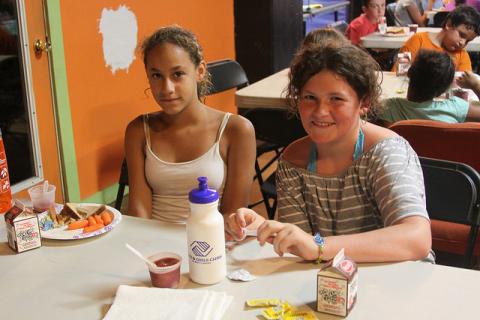
Summer Meal Finder
School's out, and many families who depend on school breakfast and lunch to make sure their children get enough to eat may be feeling the stress of food insecurity. Nutritious free meals are available for children and teens 18 and younger at many locations throughout the nation throughout the summer while school is out of session.
Use the mapping tool
from USDA to find a site near you.
|
Sugary Beverage Consumption Among California Youth
A
policy brief from UCLA Center for Health Policy Research
examines patterns of sugary beverage consumption among children and adolescents in California. Using data from the California Health Interview Survey (CHIS), this study found that while sugary beverage consumption decreased among adolescents ages 12-17 between 2011-12 and 2013-14, it increased among children under age 12 between 2009 and 2013-14. The trend among children under age 12 may be attributed to a shift in sugary beverage consumption from soda to sports and energy drinks. Establishing and strengthening policies that focus on reducing consumption of all sugary beverages could counter the increasing consumption trend among younger children as well as result in further reductions in consumption among teens.
|
Prenatal Breastfeeding Curriculum
The Carolina Global Breastfeeding Institute has released an updated
Ready, Set, Baby (RSB) resource
. RSB is a tool used for prenatal counseling on breastfeeding and optimal maternity care practices. It consists of a patient booklet and an educator flip chart. Supplementary resources are also available, including a 2-part online orientation, an implementation guide, printing tips and a curriculum description.
|
|
|